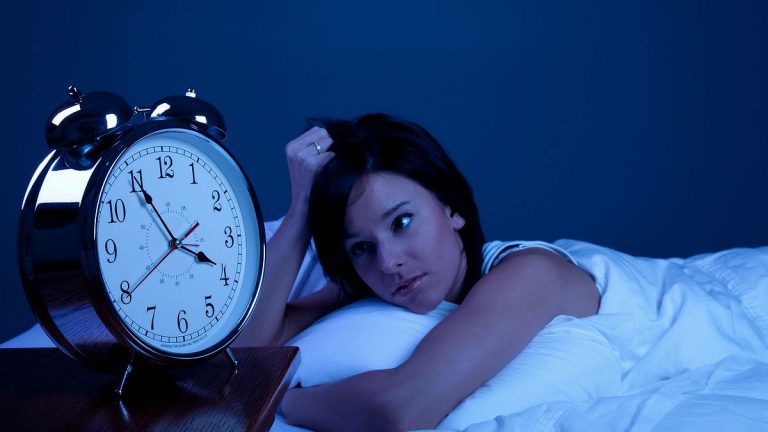
Insomnia is a common sleep disorder that can make it hard to fall asleep, hard to stay asleep, or cause you to wake up too early and not be able to get back to sleep. Insomnia can sap not only your energy level and mood but also your health, work performance and quality of life. At some point, many adults experience short-term (acute) insomnia, which lasts for days or weeks. It’s usually the result of stress or a traumatic event. But some people have long-term (chronic) insomnia that lasts for a month or more. Insomnia may be the primary problem, or it may be associated with other medical conditions or medications.
The patient may complaint difficulty falling asleep at night; Waking up during the night; Waking up too early; Not feeling well-rested after a night’s sleep; Daytime tiredness or sleepiness; Irritability, depression or anxiety; Difficulty paying attention, focusing on tasks or remembering; Increased errors or accidents and Ongoing worries about sleep.
Causes of insomnia are:- stress, travel or work schedule, poor sleep habits, eating too much or late in the evening, mental health disorders, certain medications; medical conditions like GERD, Parkinson’s disease, Parkinson’s disease, Alzheimer’s disease etc; sleep apnea, caffeine, alcohol and nicotine intake and changes in activity.
There are some risk factors like hormonal imbalance, menopause, if the age is over 60 years, if you are mentally and physically unfit, if you are having stress. Also if the schedule of work is keep on changing.
Preventive measures that can be kept in mind are keep your bedtime and wake time consistent from day to day, including weekends; Stay active — regular activity helps promote a good night’s sleep; Check your medications to see if they may contribute to insomnia; Avoid or limit naps; Avoid or limit caffeine and alcohol, and don’t use nicotine; Avoid large meals and beverages before bedtime; Make your bedroom comfortable for sleep and only use it for sex or sleep; Create a relaxing bedtime ritual, such as taking a warm bath, reading or listening to soft music.
It has been seen that there are various ayurvedic therapies that can be used in Ayurveda for insomnia are:- Shirodhara, Vaman, Virechana, Basti, Nasya, Abhyanga. Along with there are ayurvedic herbs that can be used are:- Ashwagandha, Yashtimadhu, Mandokparni, Sarpagandha, Jatamansi, Brahmi, Shankhpushpi etc.
Also there are various yoga therapy like:- Pranayama, Suryanamskar, Balasana, Uttanasana, Shavasana, Chandra bhedana asana, Padangusthasana, Agnistambhasana; Uttana Shishosana etc.
Insomnia can be diagnosed by a proper physical examination of the patient, sleep history of the patient, Actigraphy, Mental health examination, polysomnogram, Epworth sleepiness scale and Sleep diary etc.














